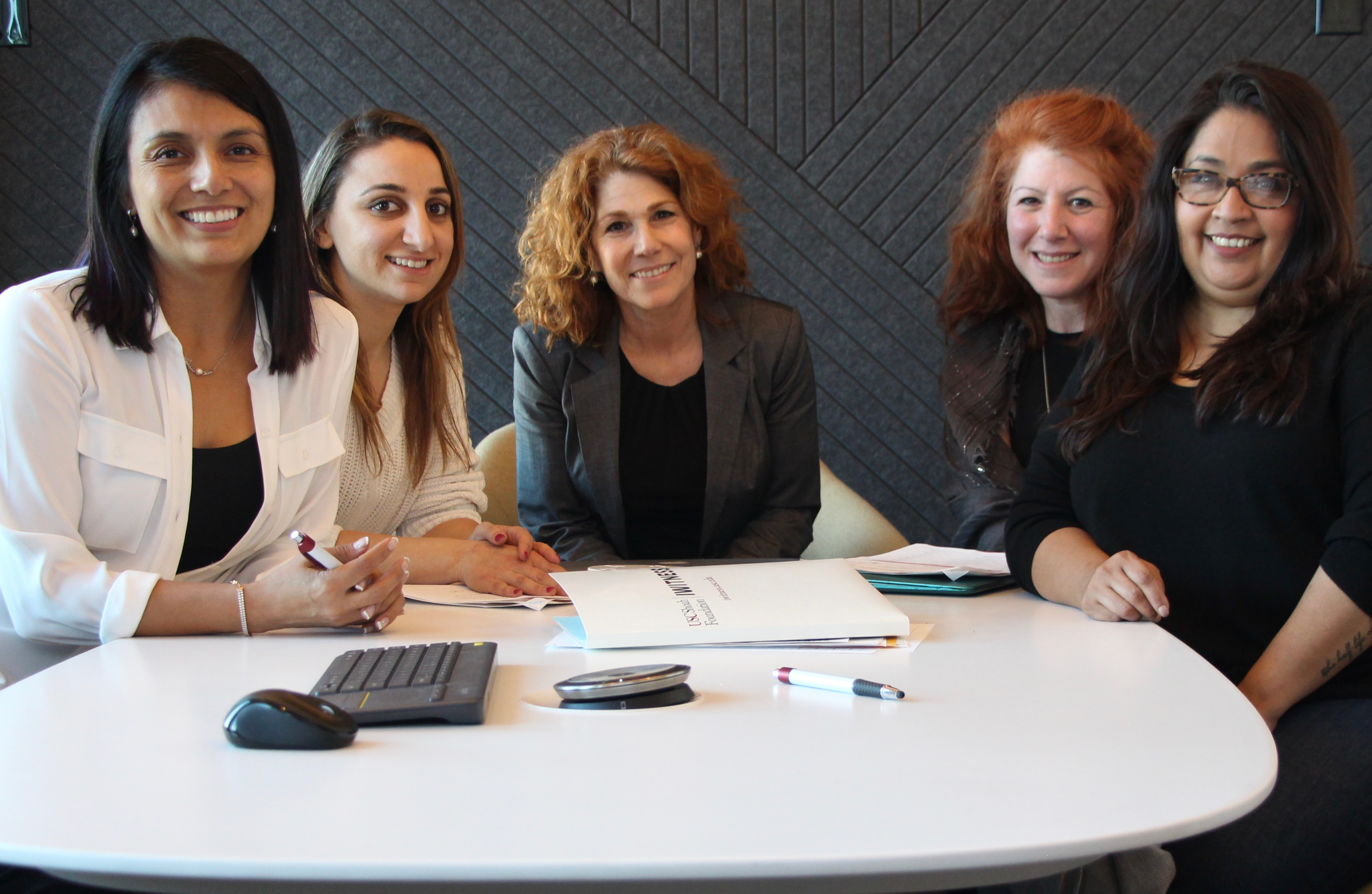Partnership will expand the reach of Institute’s educational materials on Armenian Genocide

USC Shoah Foundation is joining forces with an organization that is dedicated to bringing curriculum about the World War I-era Armenian Genocide into high schools across the United States.
The relationship between the Institute and The Genocide Education Project (or “GenEd”) is in its infancy, but Sedda Antekelian, the Institute’s Education and Outreach Specialist for the Armenian Genocide, says the collaboration will significantly expand the reach of the voices of Armenian Genocide survivors and eyewitnesses.
“It will really help us humanize the story of the genocide of the Armenian people,” she said. “And it will help students realize its relevance to their own lives.”
Between 1915 and 1923, up to 1.5 million Armenians were killed in death marches and massacres at the hands of the Ottoman Turks, who were allied with the German Empire during World War I.
The Genocide Education Project was established in the early 2000s in response to a realization that – although a California law mandating the teaching of the Armenian Genocide had passed in the mid-1980s – few history educators were actually covering the material.
“They were unaware of this history altogether, they never learned it growing up, they didn’t learn it when they were getting their teaching certificates – most of them weren’t clear on the mandate, and they were justifiably reluctant to teach such a sensitive topic without the proper preparation,” said Roxanne Makasdjian, GenEd’s executive director, who said the organization surveyed San Francisco Bay Area school districts in 2000. “There wasn’t any dedicated funding, training, or age-appropriate materials at the time.”
Over the years, The GenEd has not only produced curricula but also kept a vigilant eye out for instances in which the Armenian Genocide has been given short shrift in schools. Often, Makasdjian said, this was the result of lobbying by interests from Turkey, which continues to deny that the genocide occurred.
Turks have fought against Armenian Genocide recognition and education across the United States, including by filing an unsuccessful lawsuit against the state of Massachusetts for its Armenian Genocide instruction.
GenEd has successfully helped advocate for the Armenian Genocide to take its proper place in numerous state World History curriculum guidelines.
In California, for instance, the advocacy played a role in how the reference to the genocide in the state's history-social science framework has become unequivocal. What’s more, in 2016, the state’s revisions to the framework included a recommendation for 10th-grade teachers to use oral testimony from witnesses.
GenEd’s catalog of educational materials includes teaching guides, photos, news articles written at the time of the genocide, and lesson plans attached to novels and memoirs about the genocide. This partnership will expand on its testimony-based resources.
The Genocide Education Project and the Institute have signed a Memorandum of Understanding and have begun to plan collaborative projects. Both organizations share a common underlying aim: to help develop empathy and instill values in students that enable them to stand up to hatred.
“We’re seeking to build good global citizens who, armed with knowledge of the history and consequences of genocide, will take action to improve the world,” Makasdjian said.
Makasdjian said the seeds of GenEd’s relationship with USC Shoah Foundation were planted when acclaimed filmmaker J. Michael Hagopian – known for his stirring documentaries about the genocide – confided in her shortly before his death that he’d made an agreement with the Institute to preserve the interviews he filmed with survivors over decades.
“He was so relieved,” she said of Hagopian, who died in 2010 at age 97. “It was that peace of mind that comes to an elderly person that his legacy will be preserved and it will be preserved for the nation and for humanity and for human rights.”